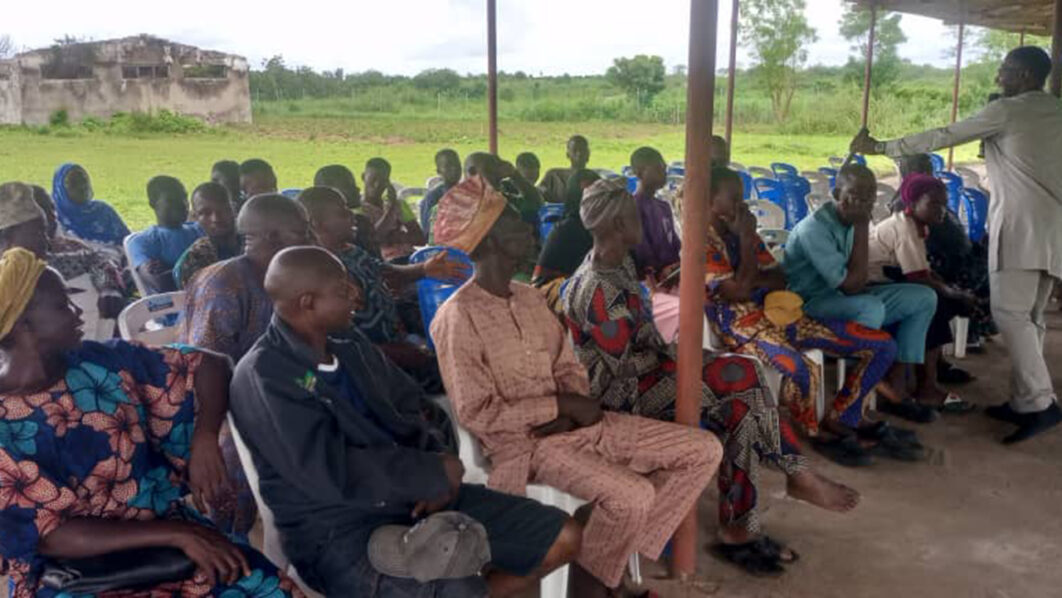
The African Agricultural Technology Foundation (AATF) has launched a Good Agronomic Practices (GAP) training programme aimed at enhancing the skills of cassava farmers and processors in the Southwest.
The programme, which targets over 6,000 beneficiaries, is particularly focused on empowering women and youths. The week-long training, facilitated by the National Root Crops Research Institute (NRCRI), Umudike, Abia State, started with the first batch of 1,000 participants, consisting farmers and processors at Fashola Farms, Oyo, Oyo State.
This marks the initial phase of the training series, which is expected to span over three years. AATF had previously committed, during the inauguration of the Cassava Mechaniaation and Agro-Processing Facility in April, to train 6,000 farmers and processors. The initiative will gradually scale up with 1,000 trainees in 2024, 2,000 in 2025, and 3,000 in 2026.
The programme will also include 1,000 processors, primarily women from Oyo and Ogun states, with a focus on value addition in cassava processing. By equipping them with essential skills, the training seeks to improve their livelihoods through better production methods and increased value creation.
Speaking during the launch, AATF’s Programme Officer for Agribusiness, Mr. Kehinde Jimoh, emphasised that the initiative is part of AATF’s broader commitment to enhancing the productivity of cassava farmers and processors.
He stated: “This training is focused on empowering farmers and processors with best agronomic practices and value addition strategies, which will lead to significant improvements in their livelihoods and cassava productivity.”
The Director of Tuber Crops Research at NRCRI, Dr. Adeyemi Olojede, expressed delight at the institute’s involvement in the programme. Olojede noted the importance of the training not only in boosting cassava production but also in enhancing value addition, which will provide farmers with alternative income streams.
“Due to the significant impact this training will have on cassava farmers in Southwest, NRCRI has deployed a team of experts to ensure that the objectives are met and that the facility contributes to the nation’s food security efforts,” said Dr. Olojede.
The training programme, hosted by AATF and facilitated by NRCRI experts, is supported by the German Federal Ministry for Economic Cooperation and Development (BMZ) and implemented by Deutsche Gesellschaft für Internationale Zusammenarbeit (GIZ) GmbH in collaboration with AATF, Agridrive Ltd., and Clayuca Corporation. The training covers critical areas such as best agronomic practices, cassava value addition, and prudent financial management, all within the framework of the “Mechanisation of Cassava Production and Processing Project,” under the Fund for the Promotion of Innovation in Agriculture (i4Ag).
The initiative is expected to significantly contribute to improving cassava farming and processing in Nigeria, ensuring that farmers are equipped with the knowledge and tools necessary to enhance productivity and sustain their livelihoods.
Founded in 2003 to address Africa’s food security prospects through agricultural technology, AATF believes that the agricultural sector is a key foundational pillar as Africa consolidates its economic growth and carves out its new position as a major global economic powerhouse and the next growth market in the world. It was formed in response to the need for an effective mechanism that would facilitate and support negotiation for technology access and delivery and the formation of appropriate partnerships to manage the development and deployment of innovative technologies for use by smallholder farmers.






